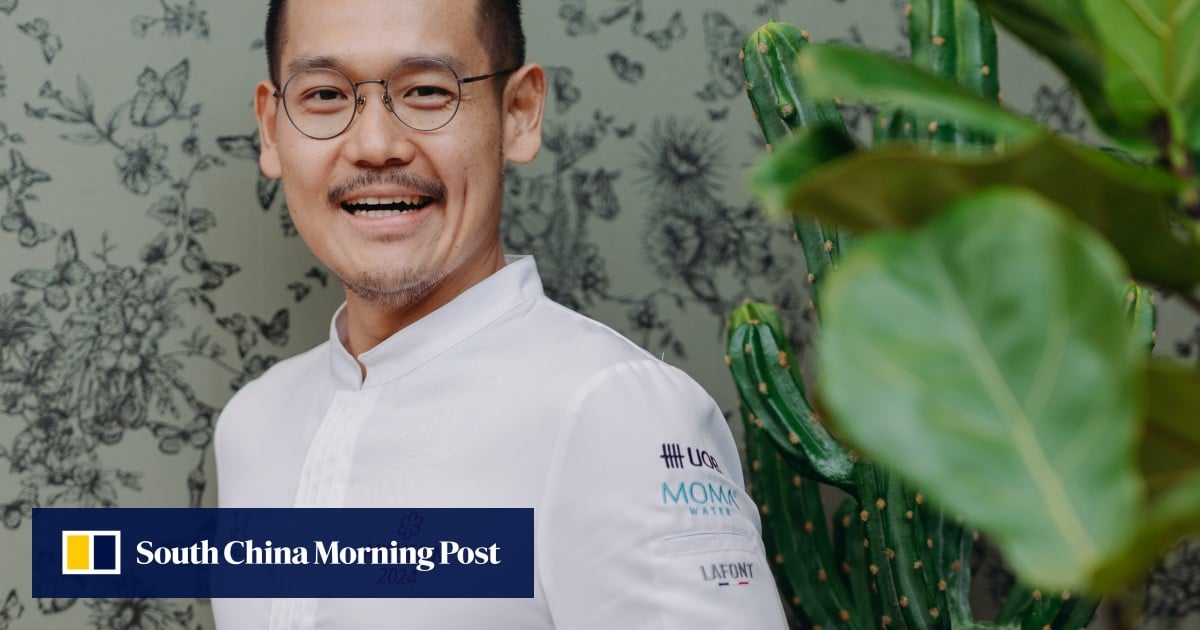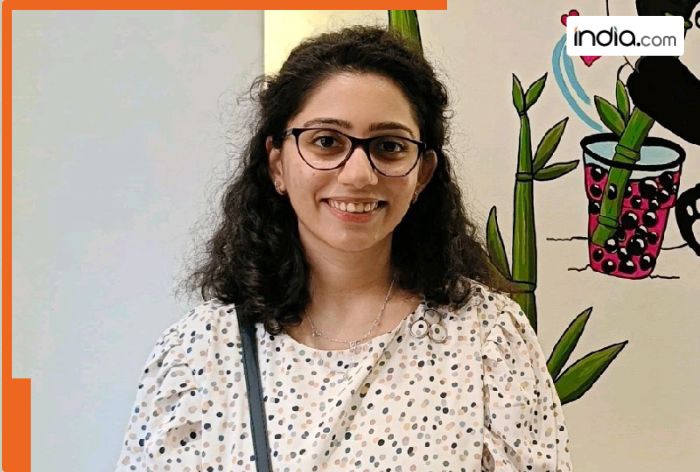In addition to running Beta, he is moving his first restaurant, Skillet, to a new location, while planning a third and fourth concept to debut very soon.
“I’m still learning, but I try to be here every day even though we’re working on the new Skillet as well as the other coming projects,” he says. “One is in Chinatown, a rooftop space with a grill that will be more casual. The other is going to be a small cafe.”
“We’re experimenting with techniques, making our own garum [fish sauce], rice wine or koji [fermented rice]. It’s made me understand flavours and textures better.”
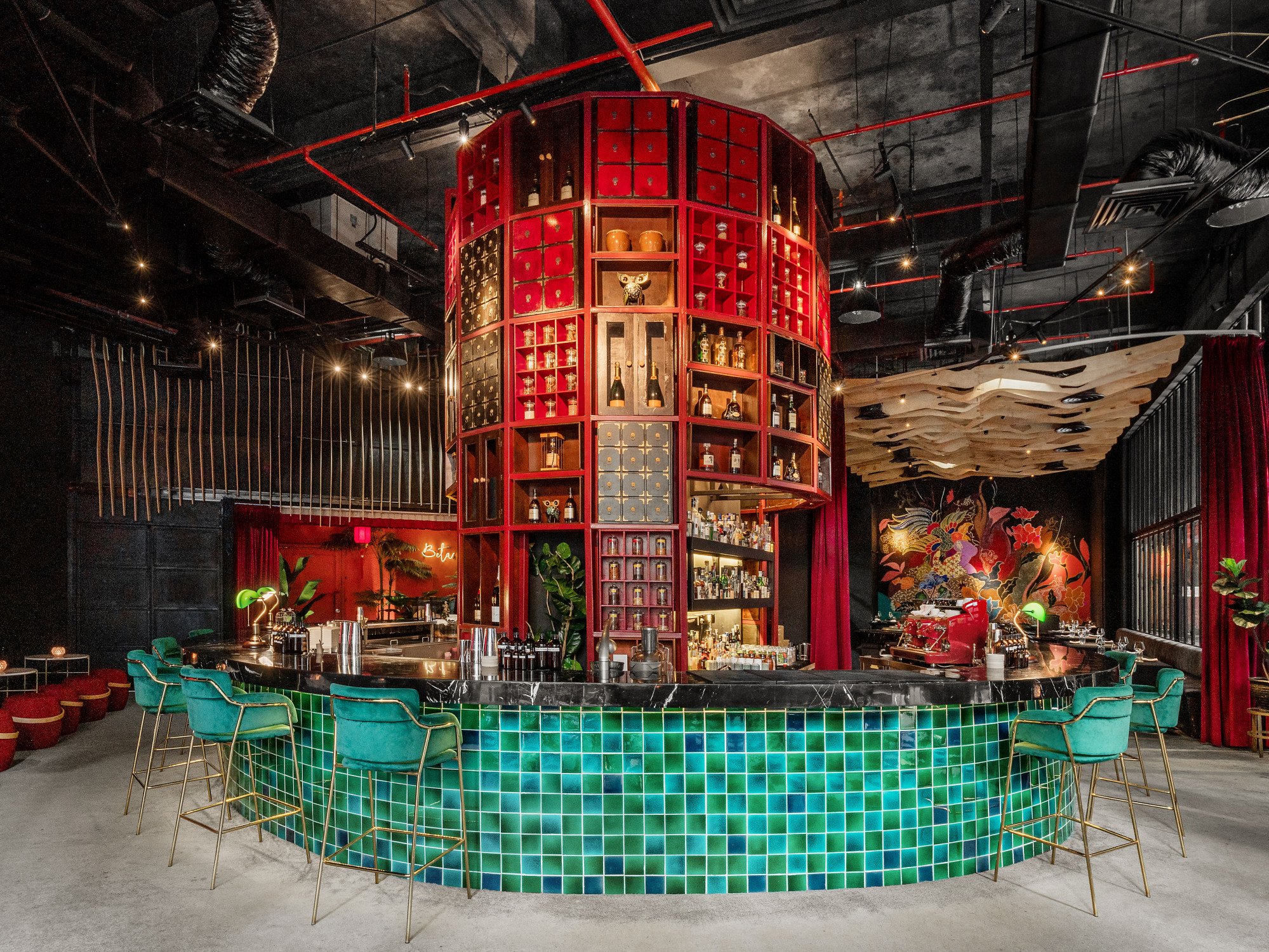
Skillet will reopen in early April in an office building in central Kuala Lumpur.
Tham, who has a culinary diploma from Westminster Kingsway College in London, worked in the UK at private clubs, hotels and even a chocolate company, before returning to Malaysia in 2010 to lecture at a hospitality college. After a couple of years, he decided he wanted to do rather than teach.
First, he opened Skillet, which serves modern European fare with Malaysian touches. Then, in 2018, he opened Beta KL, which served traditional Malaysian food with contemporary touches cooked using modern techniques.
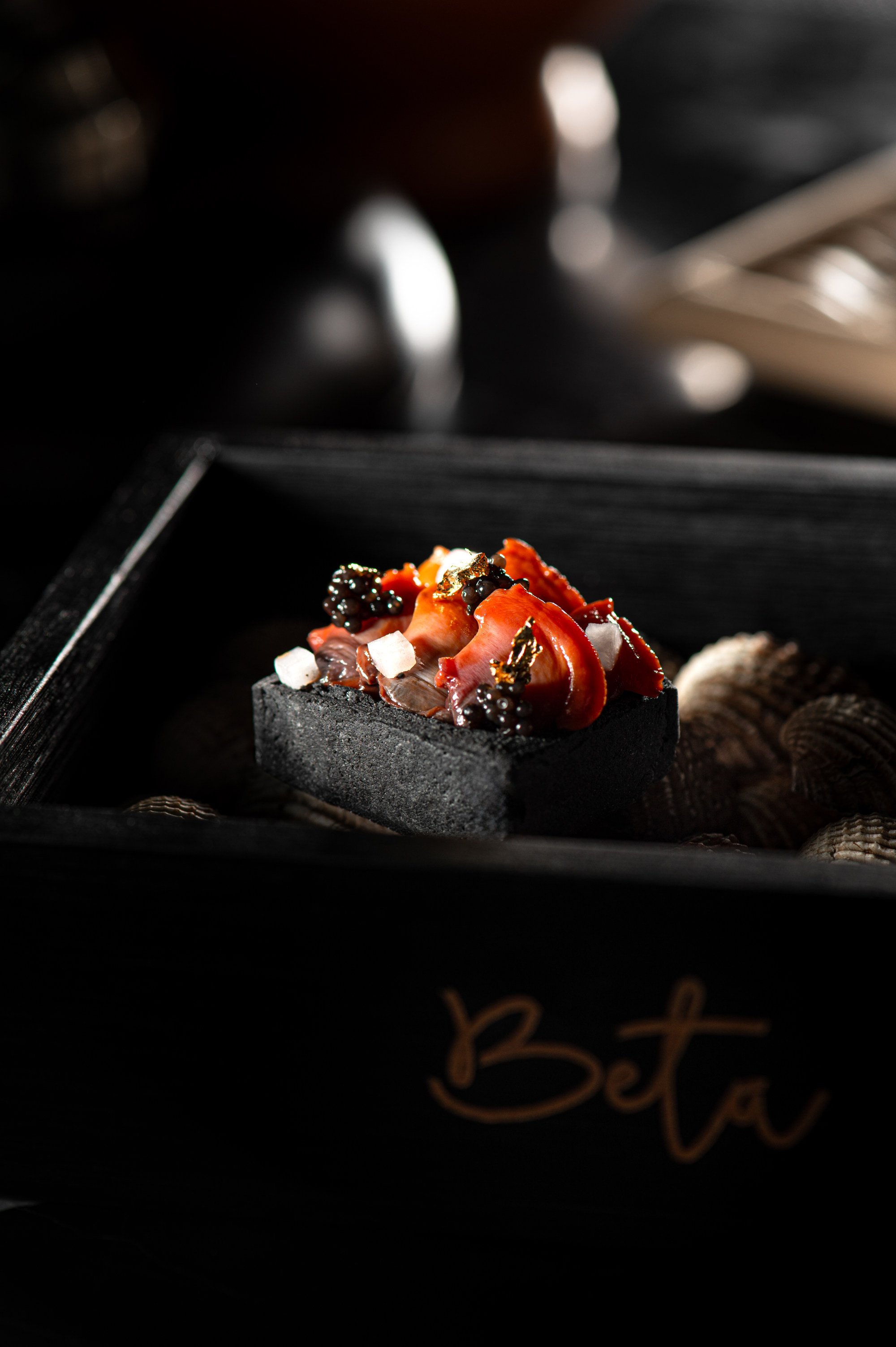
“I wanted to have something that featured more Malaysian character,” Tham says. “Many people just consider Malaysian [food] as street food or cheap food. I wanted to come up with something that featured our cuisine in a different context.”
On Beta’s tasting menu are dishes such as winged beans with anchovy sauce and rose apple, and abalone risotto cooked using Lawas heirloom rice from Sarawak. Tiger prawns are given a Thai-inspired, north Malaysian treatment, served with refreshing mango and makrut lime.
Michelin’s inspectors praised Beta for offering “an exciting way to taste Malaysia’s rich culinary heritage with a touch of finesse. The chef reimagines favourites from around the country, often jazzed up with modern techniques and soigné [elegant] plating.”
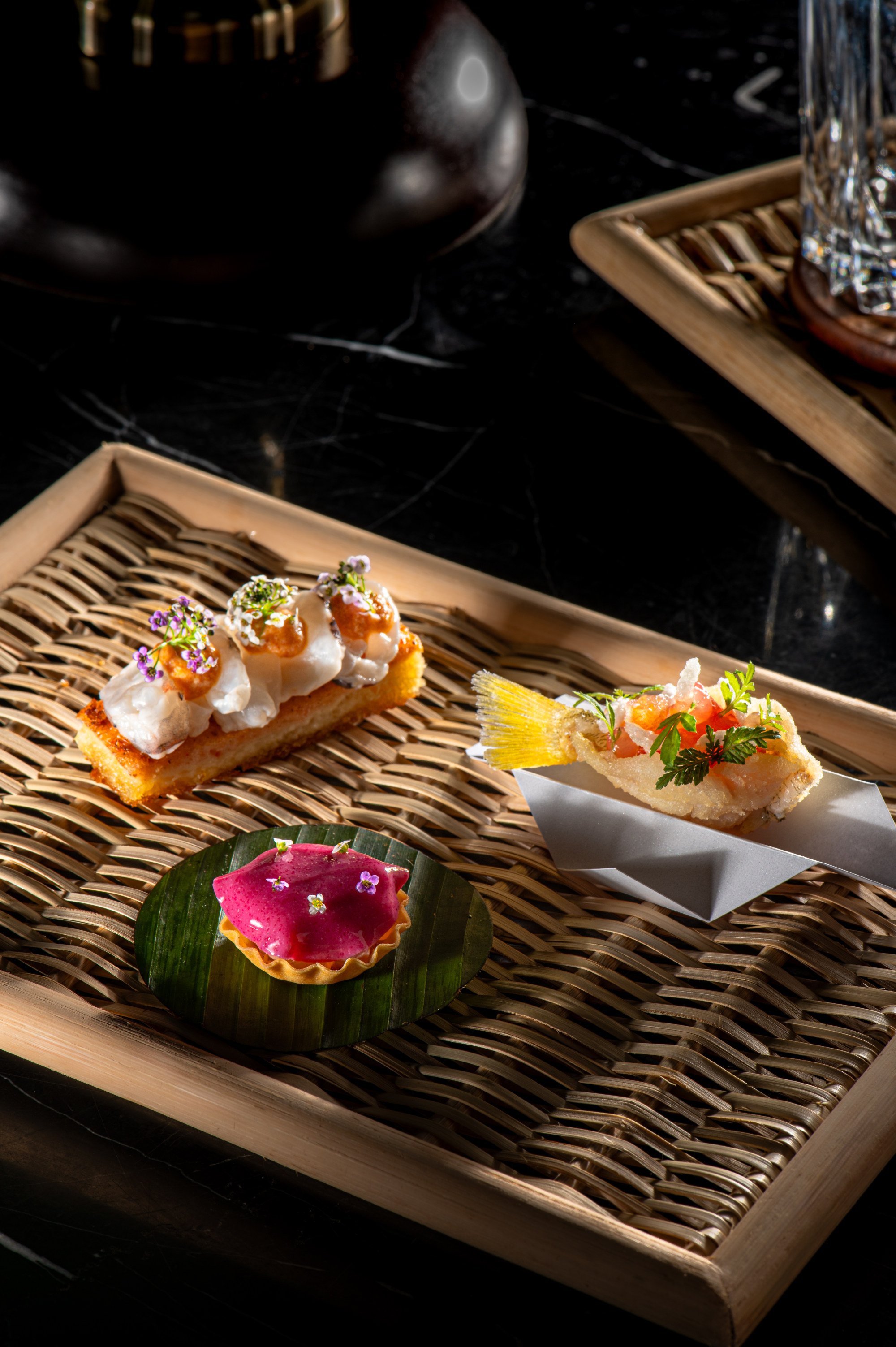
Tham says: “Beta in Greek is the number two, so this is our second baby. Also, in the Bahasa language [spoken by Malays in Malaysia], the king would normally address himself as beta, so we believe that everybody here eats like a king.
At Lunar New Year, Tham used bambangan in a dessert reminiscent of kuih loyang, a honeycomb cookie. “I’ve spent a lot of time going out to source these ingredients and it makes me feel more Malaysian in that I understand more,” he says.
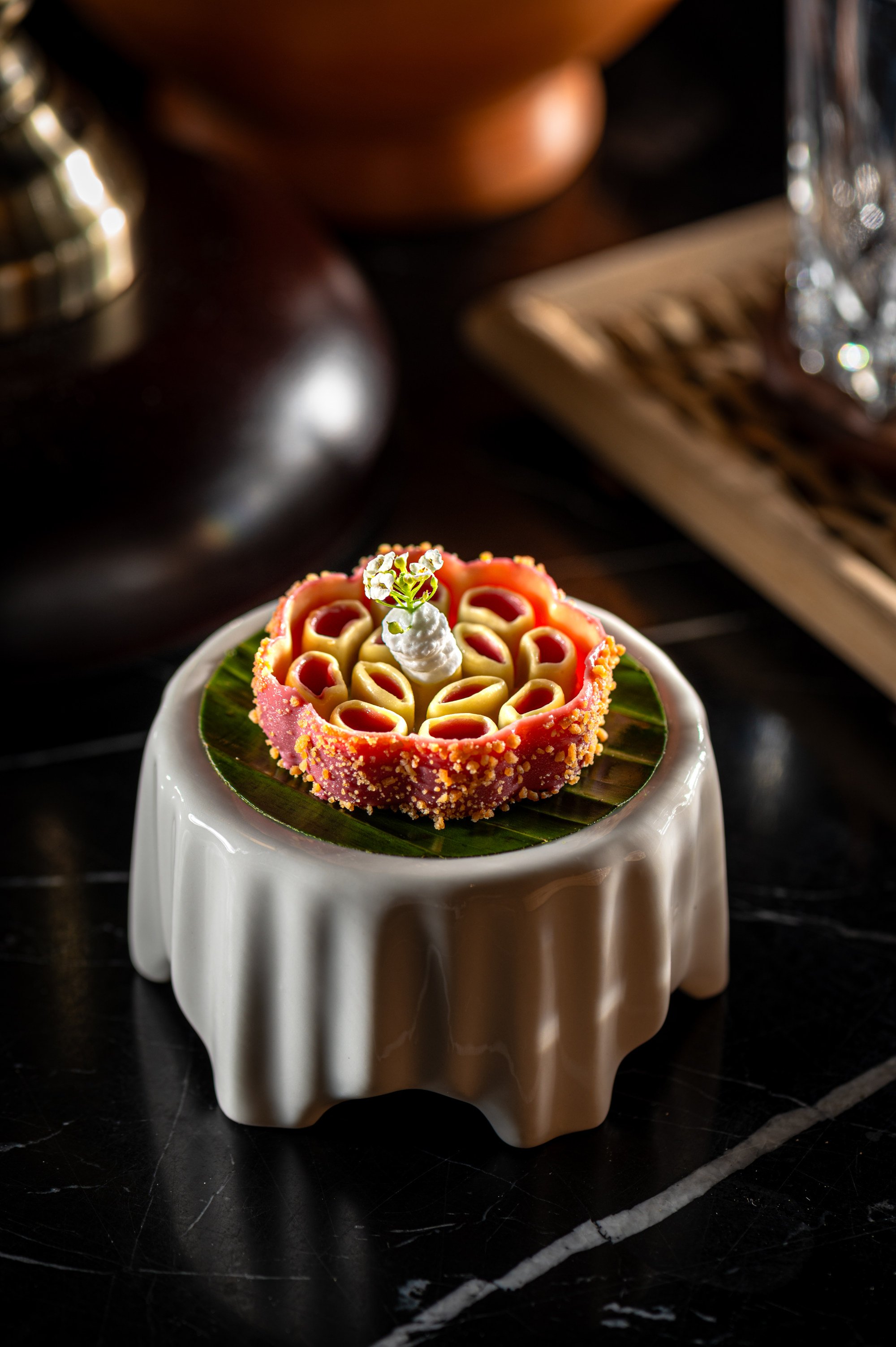
While the awarding of a Michelin star has raised Tham’s profile, he was already a home-grown celebrity chef who had taken the capital city by storm.
Tham, 42, has also made it onto a Malaysian society magazine’s influential “40 Under 40” list – yet, for all of that, he remains grounded.
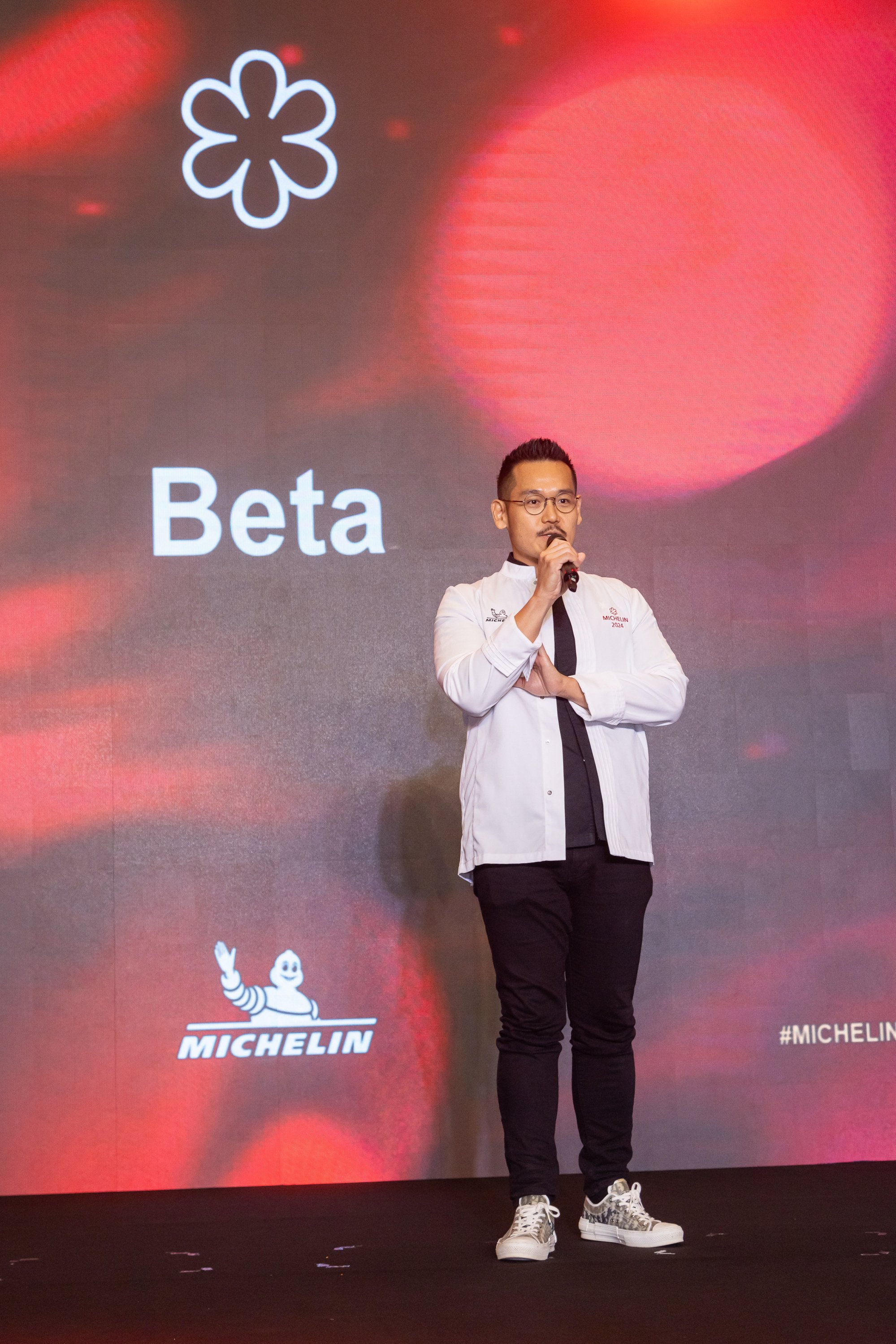
“What about the guests who come? You should make them happy. If you just focus on awards, eventually, you can lose your identity, which is not good.”
For him, the most important arbiter of success is the approval of his fellow countrymen. If they consider his flavours authentic and his dishes true to the spirit of street food vendors, then he is cool with that.
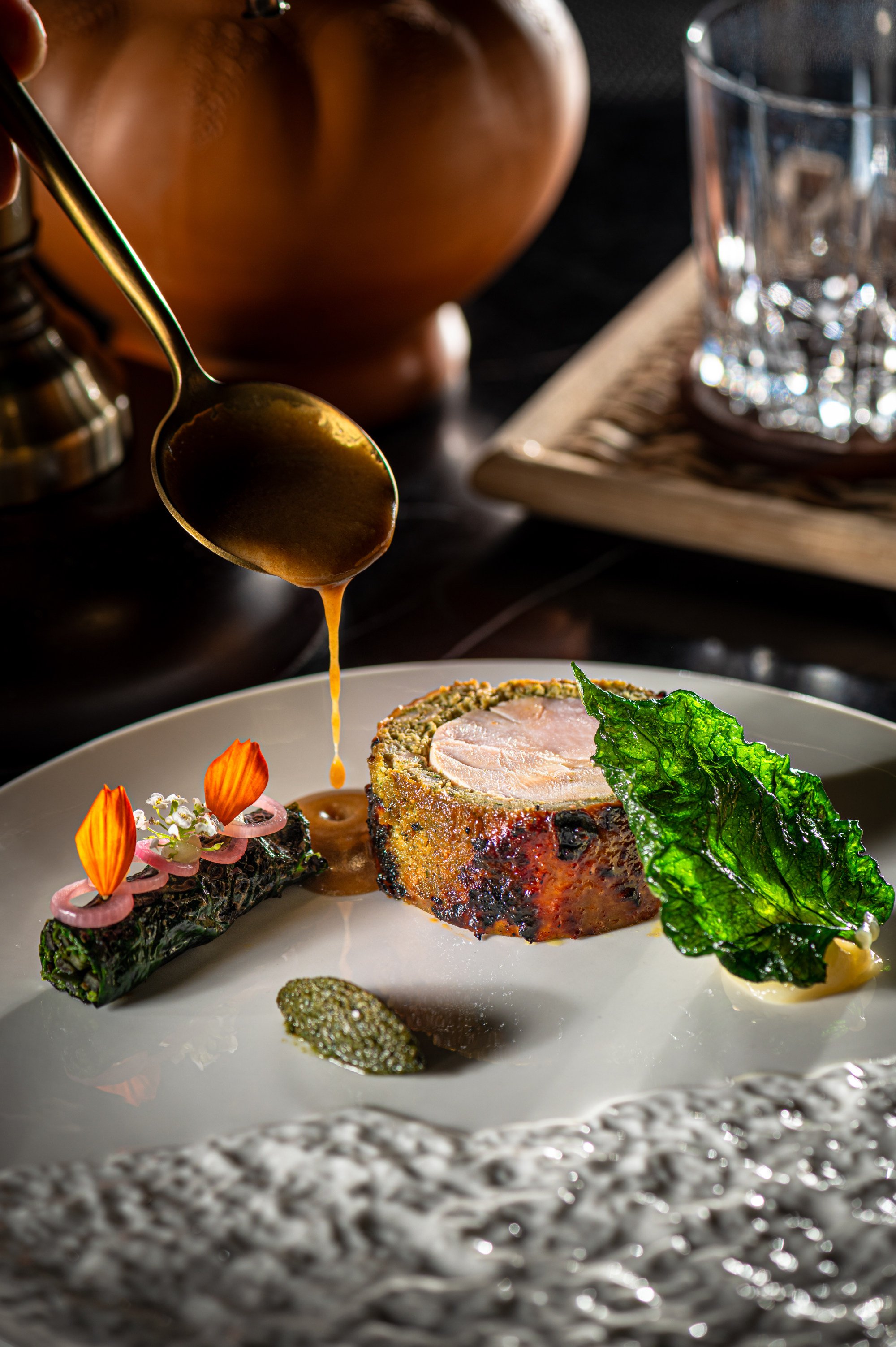
“Definitely I’m still trying to experiment. But I still want to have classic flavours or dishes that will remind people, ‘Oh, this is something that I remember’ and have those references,” Tham says.
“We’re also trying to keep the price reasonable, affordable. At the start, local people still didn’t really want to pay [prices higher than street food] for Malaysian ingredients. But now it is much better.”
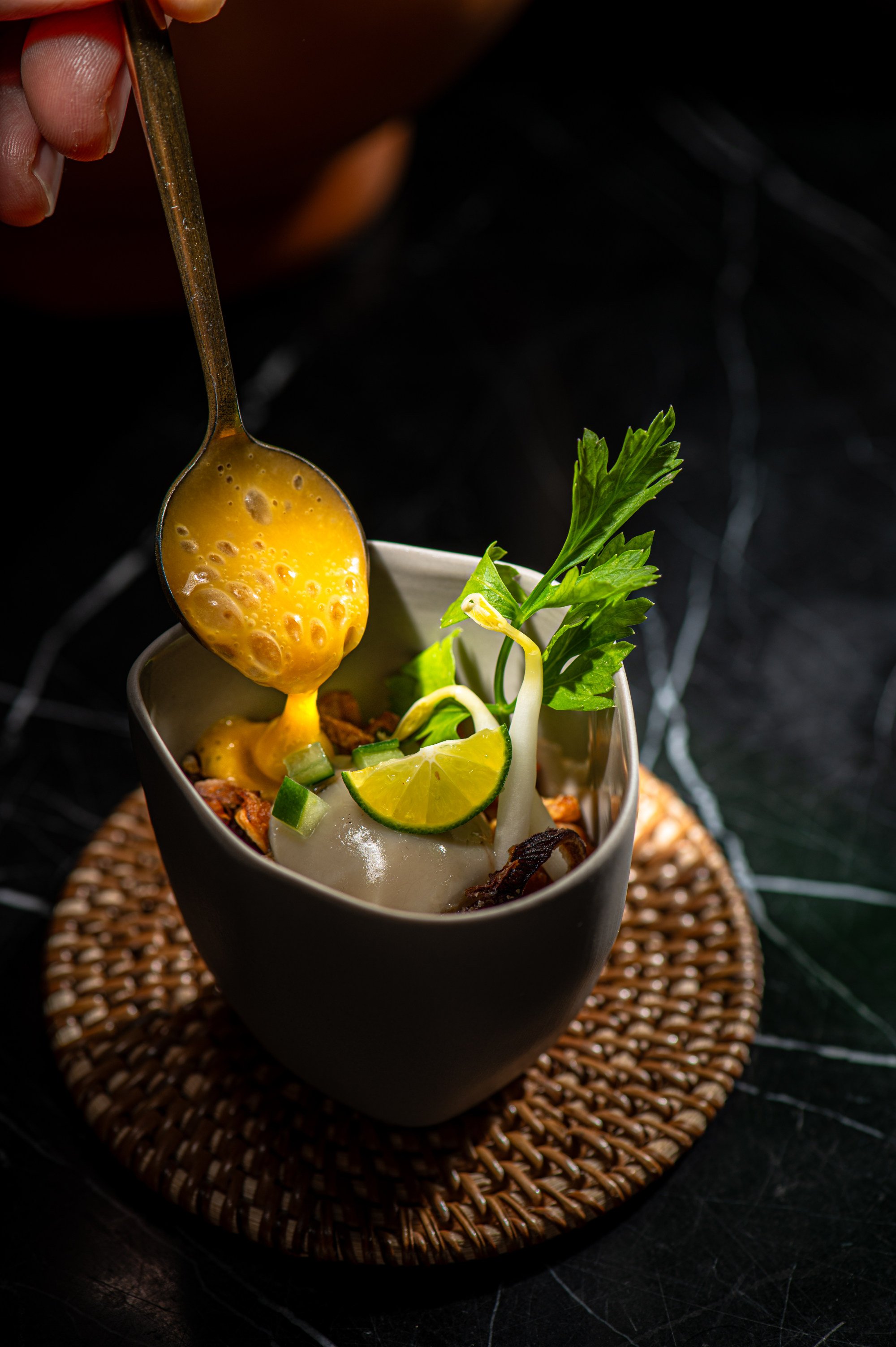
“Basically I just worked out, like, twice a day during lockdown,” he reveals. “I also controlled my carbs and calories. I had nothing else to do for six months. Worse, I couldn’t have street food because we couldn’t go out. So, everybody was eating healthy.
“I slept at 10pm, woke up at 6am, had a black coffee and worked out. I am happier now I can go back to street food but I’m putting on weight again. The problem is always after a busy service, you’re hungry and you want something on the way home.”
He adds: “I’m just a very boring person. Everything I do is food and beverage-related. I read food books, watch TV food programmes.
“To do something completely different, I took up playing the viola a couple of years ago. I love the instrument but I’m not very good. I just wanted to do something that had nothing to do with food.”

